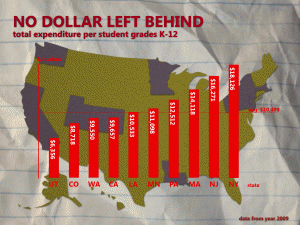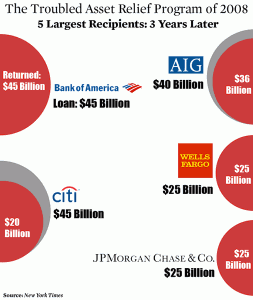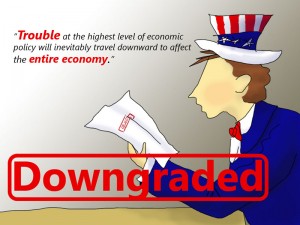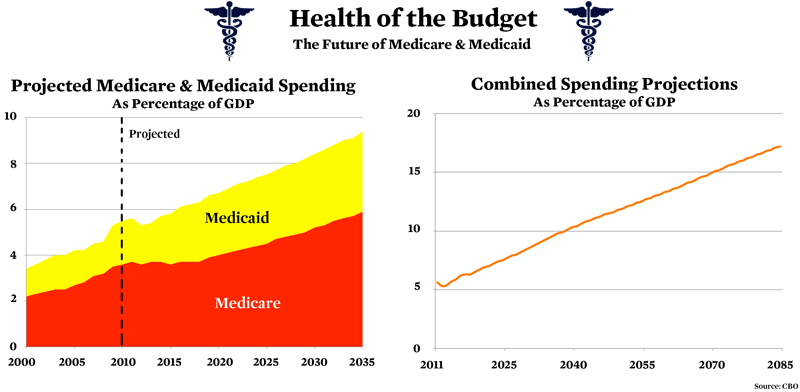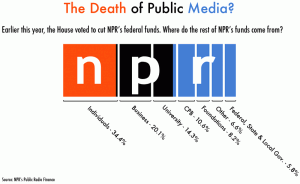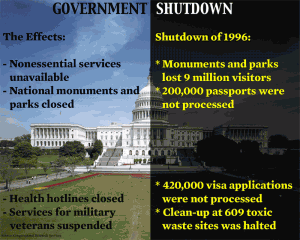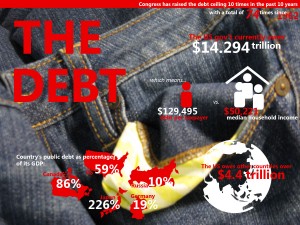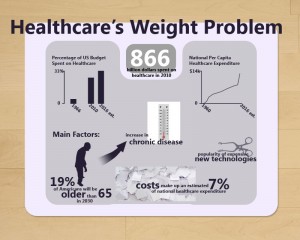The Cost of Education: A Disproportionate Influence
In a world where money talks, federal education funding tends to yell loudly into a speakerphone in the contentious playground of the education budget. Ever since the Elementary and Secondary Education Act of 1965 introduced consistent federal funding for schools across the nation, education funding has faced a constant give-and-take between local practices and federal regulation. … Read more
